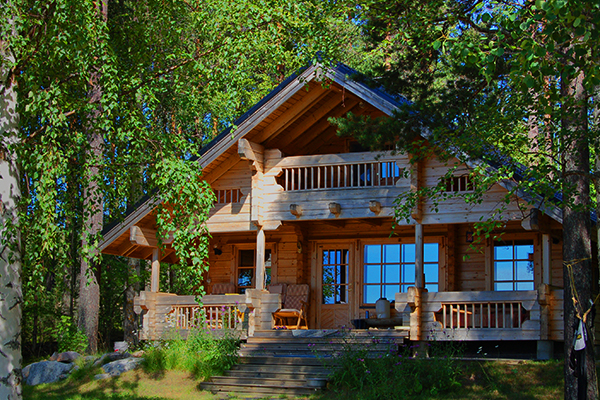Although the family cottage is a valuable asset, it is also an emotional topic. For many families, the cottage is where the family came together, celebrated happy moments and bonded as a unit. So when spouses face divorce, it is not uncommon for questions to arise regarding ownership and use of this asset.
The cottage is a peculiar asset when it comes to divorce. Under Ontario law, a family can have more than one matrimonial home. So therefore the this asset may very well be a matrimonial home as protected under Ontario’s Family Law Act. Once it falls under this category, there are legal rights associated with that property including the right of possession and the right of ownership.
In some cases, it is not possible to keep the cottage because neither spouse has the financial means to buy out the other spouse. In such cases, the cottage may have to be sold and the proceeds divided, along with all of the other family’s assets and debts. However, in some cases, a spouse may be able to afford to buy the cottage from the other spouse, either with financing, cash or with a redistribution of other family assets and debts. Of course, this is a benefit to the children, who get to keep the cottage in the family.
Usually, if the two spouses are not able to agree on a buyout price, then they could either agree to be bound by an appraisal or put the cottage onto MLS and allow other prospective buyers to determine the market value.
But even so, there could continue to be problems with this approach. For example, what will be the purchase price? What is included in that price? When will payment be due? Will the other parent still be allowed to use the cottage?
These are all questions that require careful consideration, along with the benefit of legal and financial advice from trusted professionals – who will hopefully allow the decisions to be logical and not emotional.
Share this article on:
